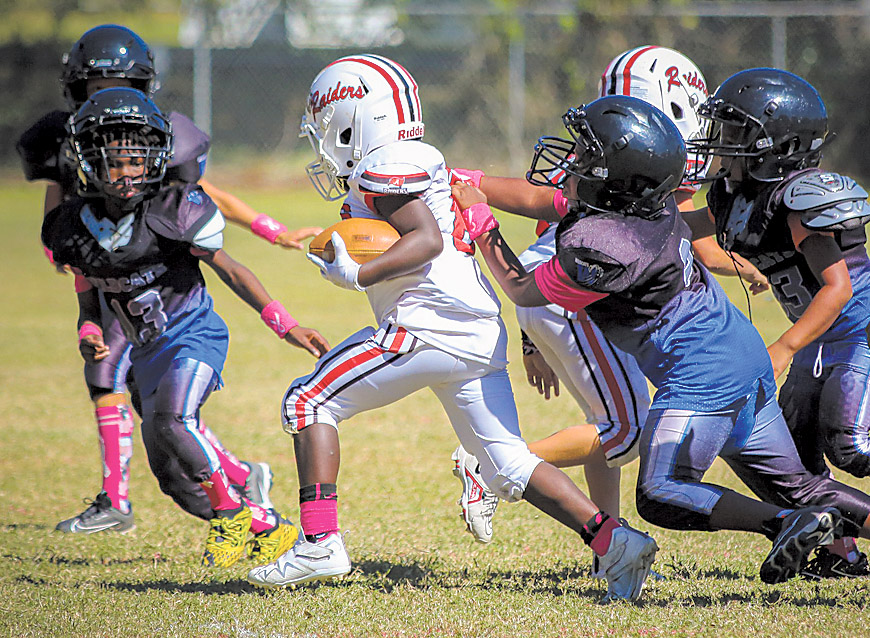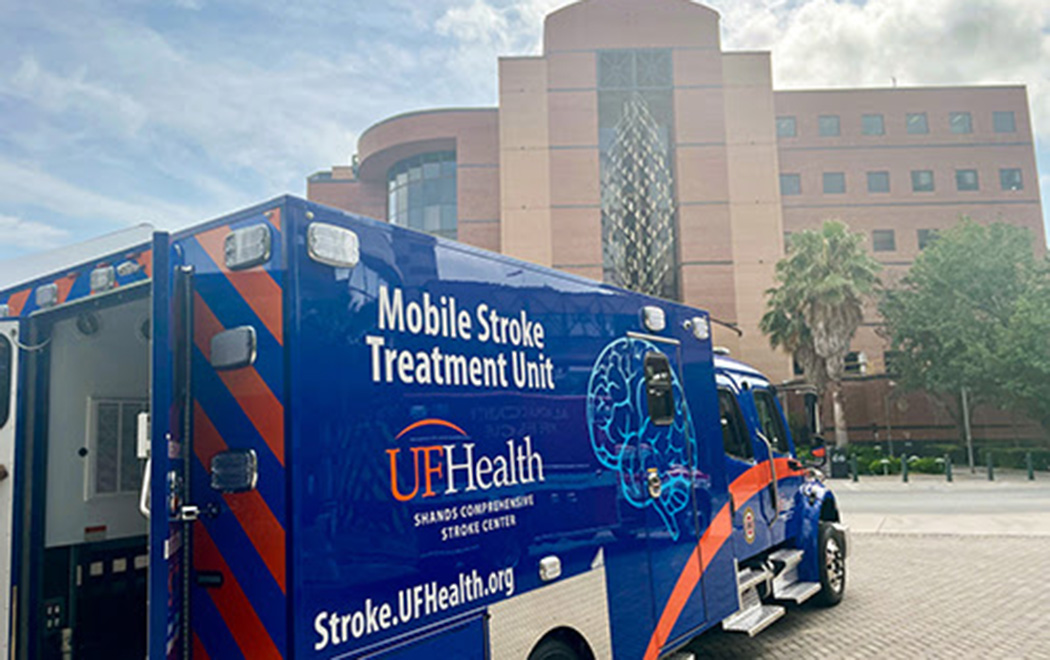GAINESVILLE, Fla. — With $1 million in support from University of Florida President Ben Sasse’s strategic funding initiative, investigators at the Evelyn F. and William L. McKnight Brain Institute will launch a new project that combines basic and clinical research with artificial intelligence to improve stroke treatments.
Stroke is the fifth leading cause of death and the No. 1 cause of disability in the United States, and it presents a growing health care challenge among Florida’s aging population.
“We are grateful for these strategic funds, which will further propel our multidisciplinary research efforts in stroke prevention and treatment,” said Jennifer Bizon, Ph.D., the director of the McKnight Brain Institute and the chair of the UF College of Medicine's Department of Neuroscience. “This project, under Dr. Brian Hoh’s leadership, exemplifies our mission to build research collaborations among clinical and basic science investigators across our UF and UF Health campuses to improve outcomes and change lives.”
The Transforming Stroke Care initiative will unite investigators across disciplines and colleges who will benefit from UF and UF Health’s exceptional resources, including the HiPerGator supercomputer, the UF Health Shands Comprehensive Stroke Center, the OneFlorida+ Clinical Research Network, and the McKnight Brain Institute.
“We are thrilled that President Sasse has given us this opportunity and the resources to transform stroke research and care for the future,” said Hoh, a UF Health neurosurgeon and chair of UF College of Medicine’s Lillian S. Wells Department of Neurosurgery. “As the flagship university in the state, where stroke is particularly prevalent among Florida’s aging population, the University of Florida is uniquely positioned to lead the nation in stroke research.”
By forming teams of investigators (studying all aspects of stroke, from prevention and treatment to rehabilitation and imaging) and pairing them with experts in artificial intelligence, machine learning, and data science, the project will provide a multidisciplinary learning experience for students. This will position UF as a leader in training the next generation of stroke researchers.
“We need more experts to specialize in stroke research, and the Transforming Stroke Care project is illuminating that need,” Sasse said. “We want this initiative to help create training pathways for UF students to become stroke AI researchers, and that is a critical step toward innovation.”
UF Health recently became the first in Florida to launch a Mobile Stroke Treatment Unit program, featuring state-of-the-art stroke ambulances equipped with a computed tomography (CT) scanner and clot-busting drugs to save lives and reduce disability. Hoh — who is also leading the Comparison of Anticoagulation and anti-Platelet Therapies for Intracranial Vascular Atherostenosis (CAPTIVA) stroke-prevention clinical trial — believes the new research project will help propel UF’s stroke research efforts to new heights.
“Our vision is to create the top stroke AI research center in the country,” Hoh said. “It will expand UF Health’s reach and impact to patients, clinicians, and researchers throughout the world, and attract the top scientists and faculty for the future.”
# # #
Email editor@
alachuatoday.com
University of Florida, McKnight Brain Institute Announce Project To Accelerate Stroke Research
Tools
Typography
- Font Size
- Default
- Reading Mode




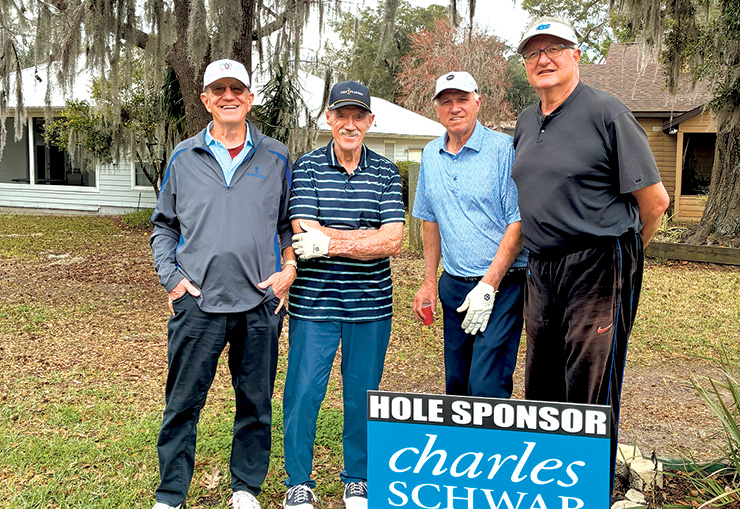
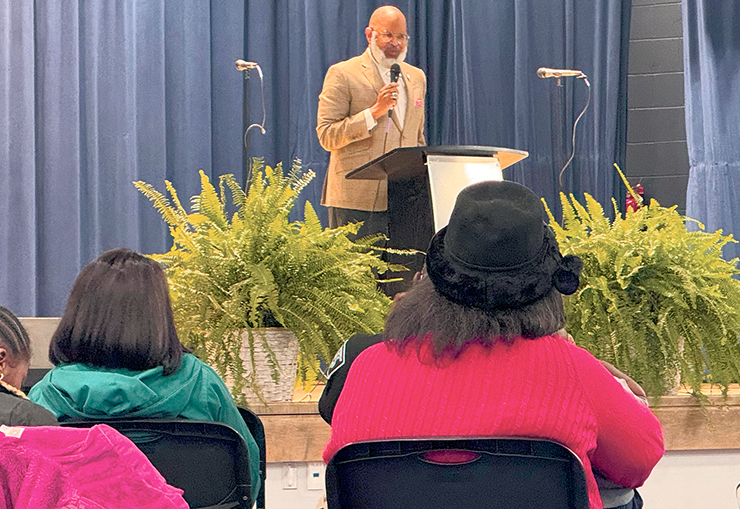

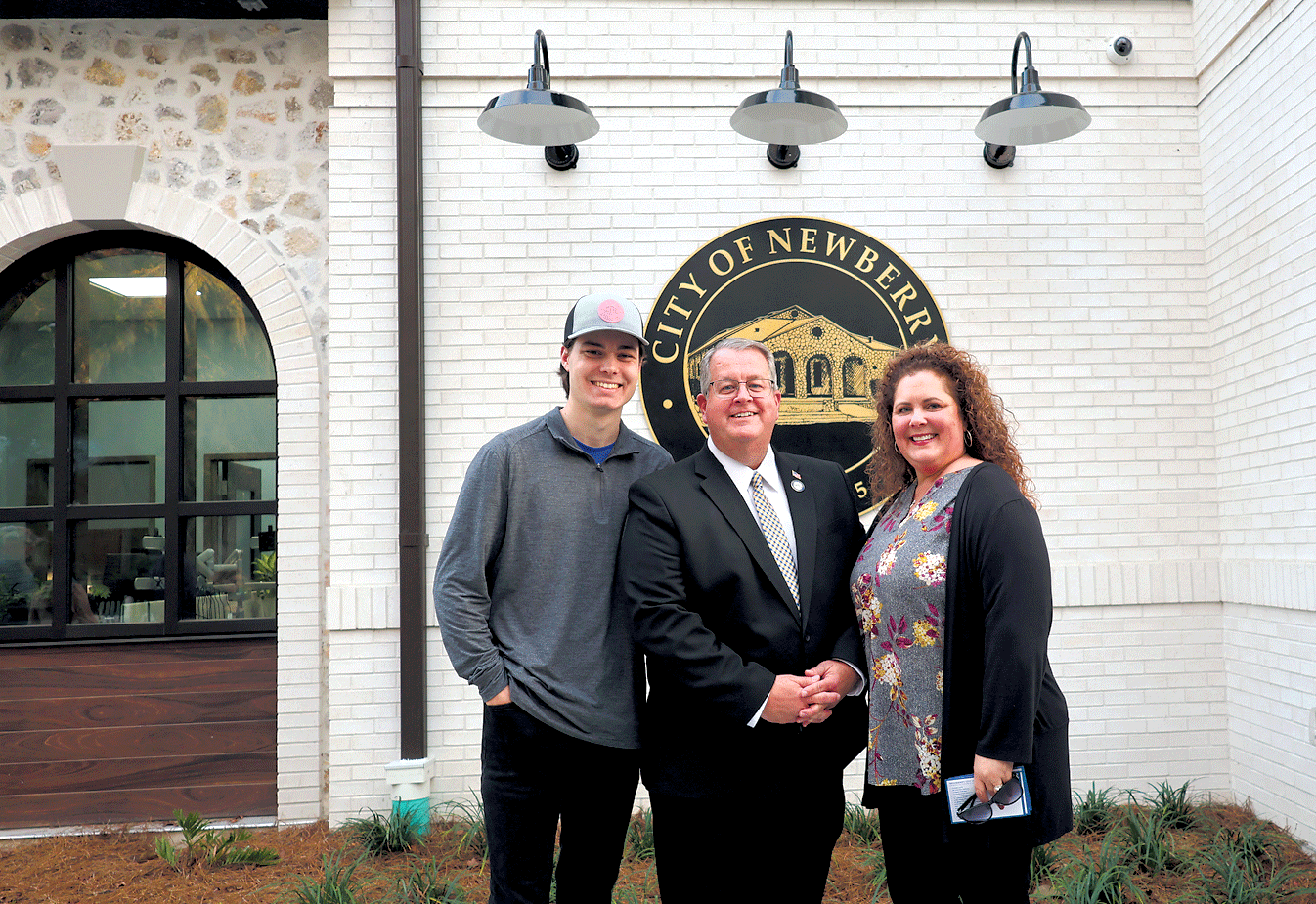


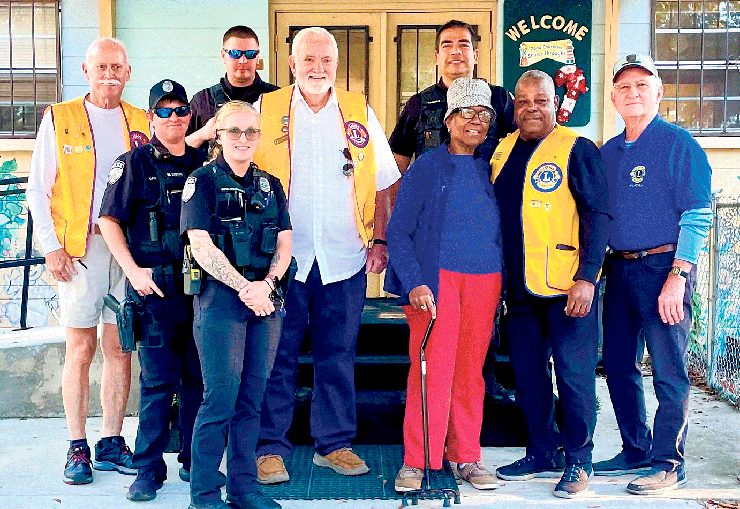




 Williams joined the department in 2023 and is currently assigned to the Criminal Investigations Division. In that role, she works alongside local law enforcement partners in the Internet Crimes Against Children (ICAC) Unit, where the department said her “dedication, expertise, and persistence help protect the most vulnerable members of our community.”
Williams joined the department in 2023 and is currently assigned to the Criminal Investigations Division. In that role, she works alongside local law enforcement partners in the Internet Crimes Against Children (ICAC) Unit, where the department said her “dedication, expertise, and persistence help protect the most vulnerable members of our community.”
 Using an inhaler seems straightforward, but it’s actually a high-precision task. If the technique isn't quite right, the medication often ends up hitting the back of your throat instead of reaching your lungs where it’s needed.
Using an inhaler seems straightforward, but it’s actually a high-precision task. If the technique isn't quite right, the medication often ends up hitting the back of your throat instead of reaching your lungs where it’s needed.

